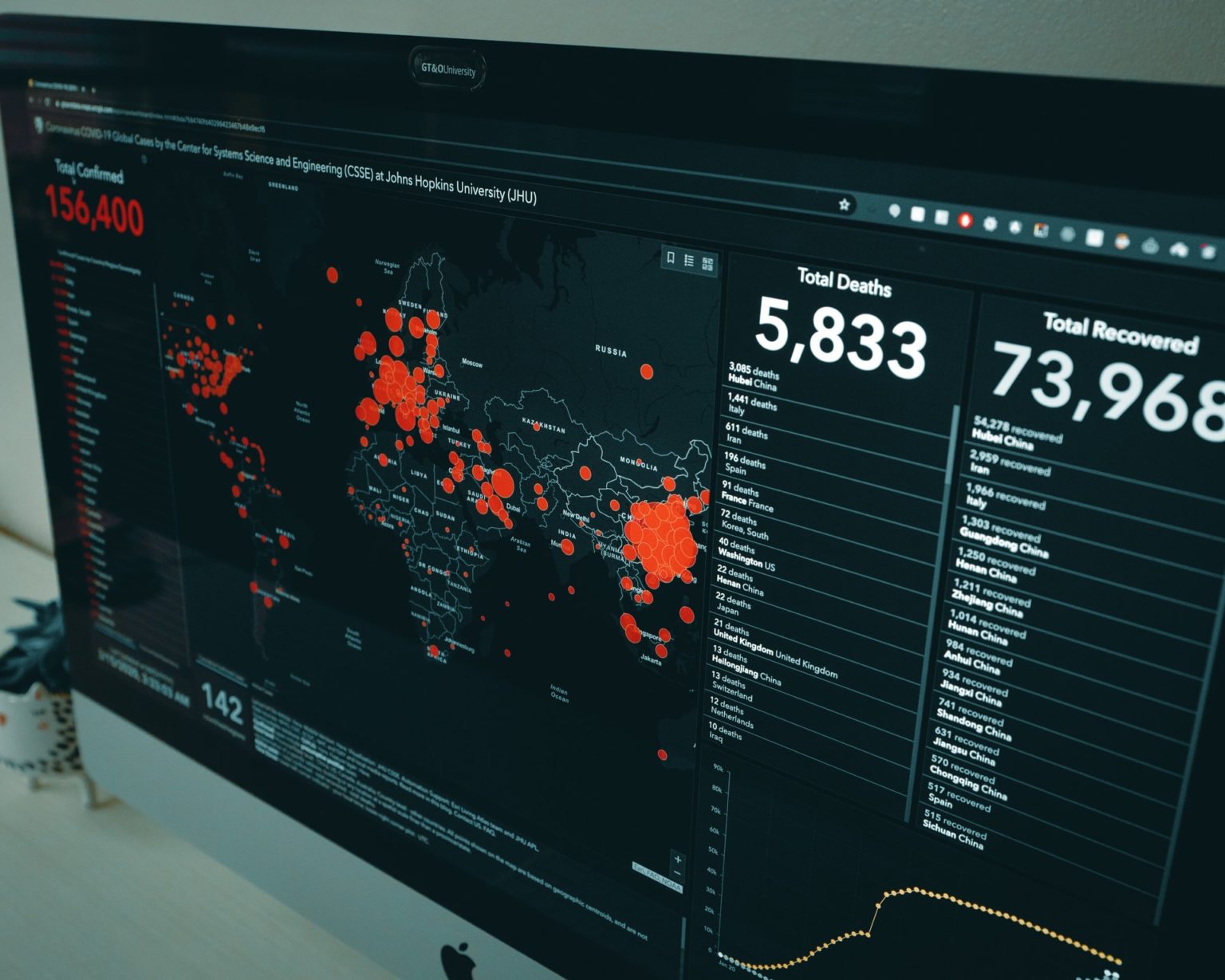The best way for businesses to generate more revenue, reduce operational costs, and improve workplace efficiencies is to streamline data management by implementing a master data management strategy. MDM takes disparate, incomplete, and faulty data sources and puts them in one centralized place. This single source of truth gives businesses better insights that lead to better business decisions. An important part of MDM is reference data management. It’s essential to have a strategic approach to managing reference data values in order to gain the most value.
What is reference data?

What is reference data? It’s a type of data that is used for classification such as to define the characteristics of an identifier. Reference data includes hierarchies and mappings that either originate internally (private) or externally (public) from other data sources. Reference data works by connecting different domains and applications across consistent values to provide multi-domain views and hierarchies. Common examples of reference data include postal codes, transaction data, financial hierarchies, currencies, language codes, tasks, and business processes. Keep reading to learn about the benefits of reference data management.
Empower Business Users
Business users can gain valuable insights from accessible reference data. Using an intuitive, self-service reference data management tool empowers users to manage the complex lifecycle of reference data sets. Reference data allows users to aggregate data and get deeper insights into the health of the business.
Simplify Compliance and Reduce Risk
Adhering to internal and external compliance reporting standards takes a lot of care and attention. Streamlining both of these compliance standards means more accurate data exchange, publishing, and entitlements. It’s essential for business users to take a holistic approach to managing reference data.
Remove Operational Overhead and Reduce Costs

Many tasks overlap across business functions, such as both the marketing and sales teams creating quarterly forecasts. Automation of data sets allows employees to more efficiently reconcile data while removing redundancies and lowering costs. Reference data management results in a unified strategy that authorized users can access across business functions. Keeping reference data in a centralized hub improves workflow.
What makes a strong strategy for managing reference data?

There are several essential factors to include in your strategy for managing reference data:
- Central Maintenance: Reference data should be stored in a centralized place that is easy to access across business functions.
- Data stewardship: Data stewards are authorized to perform maintenance of reference data.
- Repository: All associated metadata, such as meanings of values and data sources, need to be stored with your centralized reference data.
- Access mechanism: You will need to establish a secure means for authorized users to access reference data.
- Distribution mechanism: In the event that performance issues need to be fixed, systems will need a copy of reference data. You will need a secure way to distribute reference data to remote systems.
- Special interfaces: Centralized reference data should be in a unified format across business functions, which means you may need special interfaces to integrate reference data from legacy systems.
- New systems: Data stewards should be involved in the creation or implementation of any new systems or databases.
- Sustainability: Effective managing of reference data results in cost-savings, reduced risk exposure, and better data integrity. It’s important for business managers to quantify the investment of resources against the gains earned from reference data management.
Every type of business across all industries has reference data. Banking and financial services rely on transaction data, government and public sectors use reference data to track public records, healthcare relies on reference data to ensure accuracy among lab results and patient information, and e-commerce relies on reference data to monitor performance and expand to new markets.
Reference data is an important part of your master data that maintains consistency in data. Implementing a reference data management strategy empowers business users, simplifies compliance, reduces risk, and removes operational and overhead costs.

